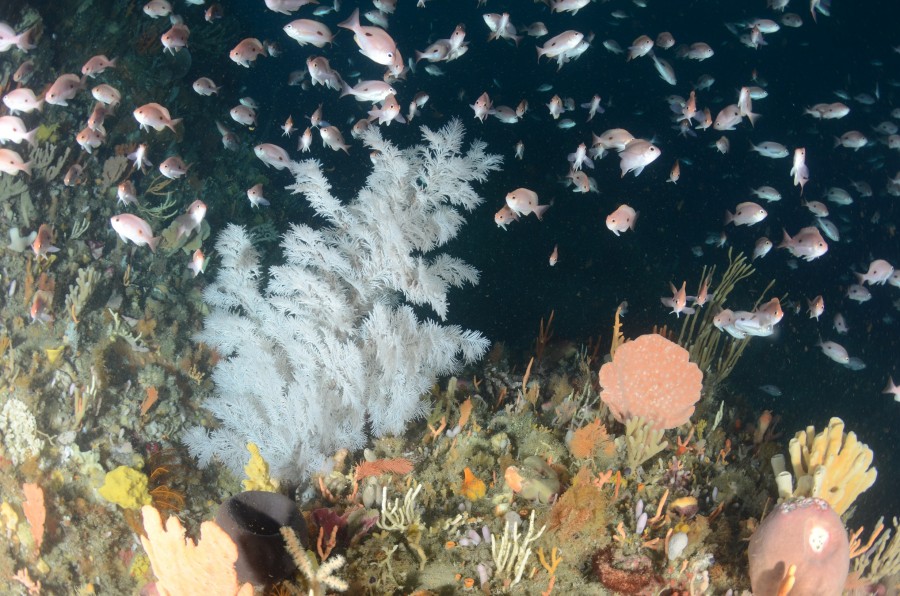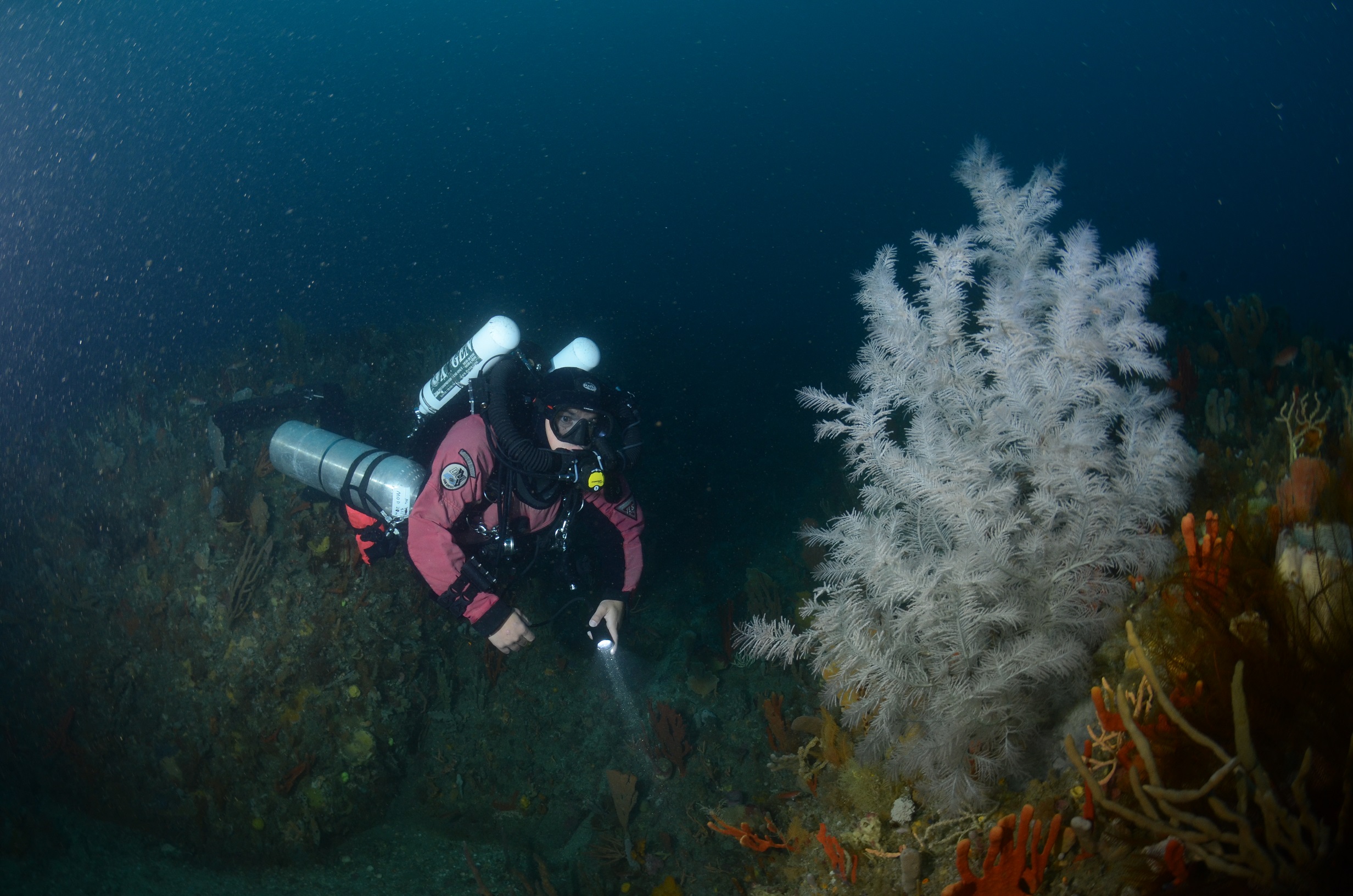
CANBERRA - Australia's Environment Minister Tanya Plibersek has declared that the country now protects more ocean than any other nation after the government finalized a major marine park expansion.
Plibersek announced on Tuesday that the federal government has signed off on quadrupling the size of the existing sub-Antarctic Heard and McDonald Islands Marine Park.
ALSO READ: China, Thailand to deepen marine scientific, technological cooperation
She said that the decision means that 52 percent of Australia's oceans are now under protection, exceeding the 30 percent by 2030 target the government signed up to as part of a 2022 United Nations pledge.
READ MORE: 71-year-old 'ghost net buster' plunges into safeguarding Hong Kong's marine health
The size of the Heard and McDonald Islands Marine Park has been increased by 310,000 square kilometers, an area larger than Italy, providing greater protections to the environment and major populations of penguins, seals, whales and seabirds.

The islands are located approximately 4,000 km southwest of Western Australia and 1,700 km north of Antarctica in the Indian Ocean and are home to Australia's only two active volcanoes.
"Nature thrives there without us. It's free from feral species and has had minimal human intervention. Not only do the islands contain Australia's only active volcanoes, but huge populations of marine birds and mammals numbering in the millions," Plibersek said in a statement.
READ MORE: Marine conservation a common cause
"I'm proud that Australia now protects more ocean than any other country on earth. This is a unique and extraordinary part of our planet. We are doing everything we can to protect it." She said that Australia has delivered the biggest contribution to ocean conservation in the world for two consecutive years.
READ MORE: China boosts global marine protection
The expansion of the marine park was recommended by an independent scientific review that was published in February.
Save Our Marine Life, a coalition of 27 environmental groups, welcomed the expansion but said that some areas of the park important to albatross, penguins, fish and seals had not been given the high sanctuary-level protection recommended by the independent review.


